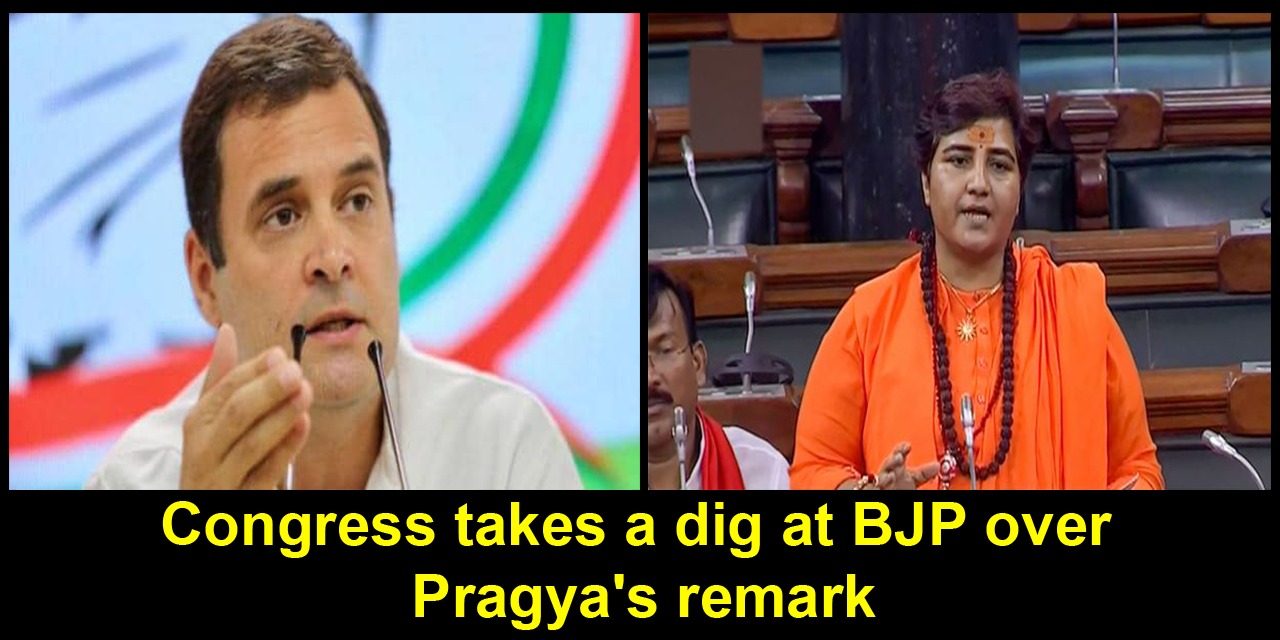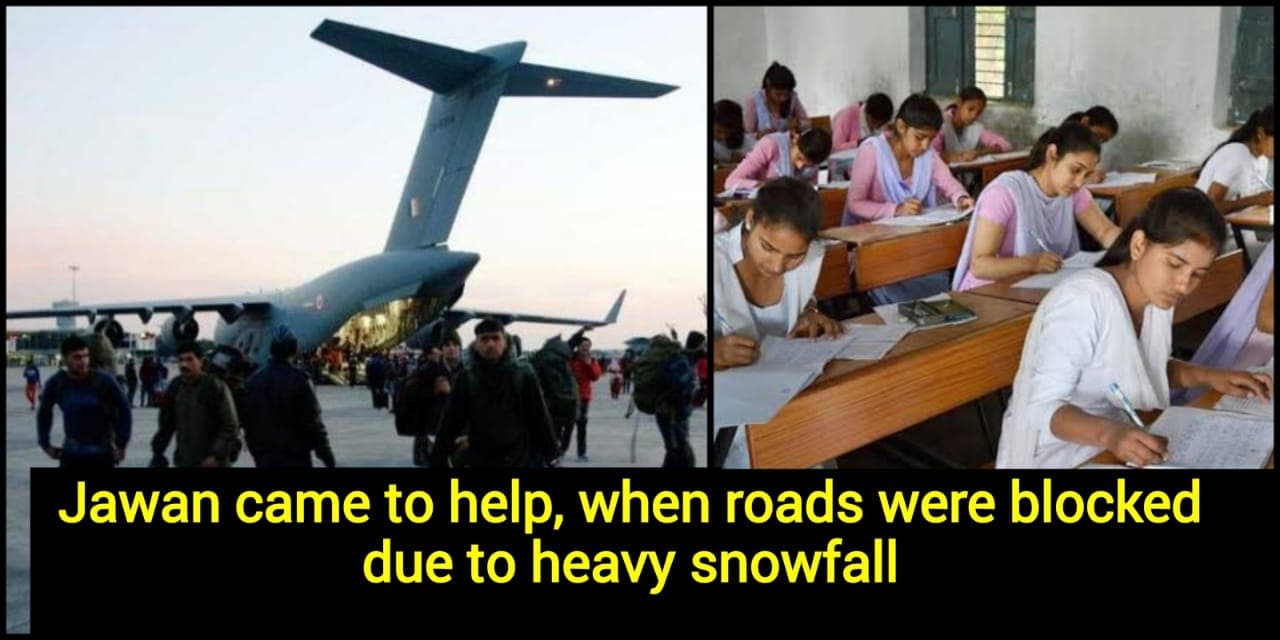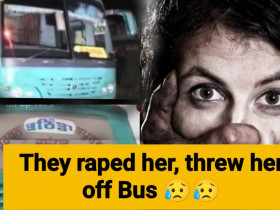No products in the cart.
DSP Shabera Ansari breaks Dogmas of Muslims, sets an example for Muslim girls to come out for their rights
Parents in middle-class Muslim families generally believe that their children would hardly get a government job, hence, they find it better to engage them in some work rather than letting them pursuing studies. But a young woman from a middle-class family has busted such myths by becoming the Deputy Superintendent of Police.
This story is quite inspiring. If you come to know the story of Shabera Ansari, you will be perplexed for sure. Hailing from Indore, she is posted as DSP (Women’s Cell) at Dewas in Madhya Pradesh and her father is posted as a Sub-Inspector at a police station in Indore.
Shabera said she had a normal childhood and there were never big dreams to pursue. Her parents had decided to get her married when she was 19. She soon realised that her parents were planning her marriage but she wanted to pursue her dreams. Finally, she joined the police forces and became a DSP.
Currently, she is preparing for India’s toughest exam UPSC. The young woman said that soon after completing her schooling at a government school in Indore, she enrolled in a college and started preparing for Union Public Service Commission examinations along with her regular studies.
She was selected as Sub-Inspector in 2013, and in 2018 posted as Trainee DSP in Sidhi. Shabera’s family originally hails from Ballia in Uttar Pradesh, but settled down in Indore about 30 years ago due to his father’s job in state police.
“I was an average student in school and also failed in mathematics once,” she told IANS with a chuckle.
“A marriage proposal came when I was just 19. I was scared and decided to do something. I started my journey and never looked back. I started preparation for the state government services during college and tasted success in the first attempt… I have continued studying ever since,” she said with confidence.
Shabera further added: “My mother always supported me. Initially, it was not clear if I will opt to join the police, though there was always an interest since my father is in police service.”
It is worth mentioning here that Shabera is the first woman in her family to crack the state civil service exam and has now become an inspiration for her community.
Many times, she was honoured as chief guest in various functions, including school programmes where she interacted with children who are always curious to know about her journey.
“I always try to encourage children and motivate them to do something in life,” Shabera said. “Little children seem very fond of taking selfies with me,” she smiled.
She said: “I often do counselling of children of Muslim families, especially boys. I tell everyone to trust themselves and study seriously; hardwork will definitely change things.” Shabera said she also got to learn a lot from her father. It could be a coincidence that Shabera was incharge of a police station during lockdown where her father was posted.
She said that her father respects her as an officer but Shabera has to many times remind him that she is an officer at office not at home.
Shabera is one example which shows that the society does want to change. The young generation want to achieve more than getting married and having kids at an age that should be dedicated to education and development and forming oneself into a better human to better contribute to the development of the society.
This is a story that says that children want to grow, that they just need a light to guide them to a brighter future.








